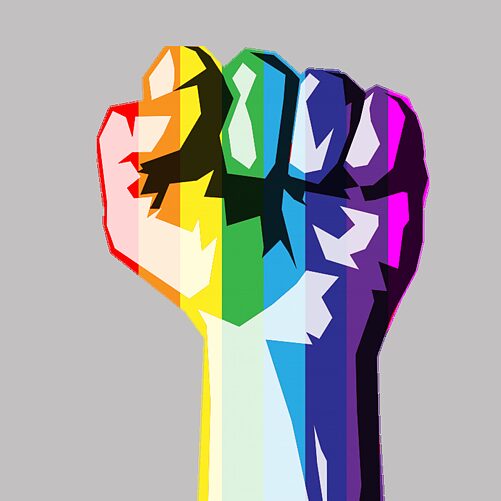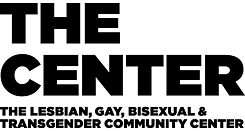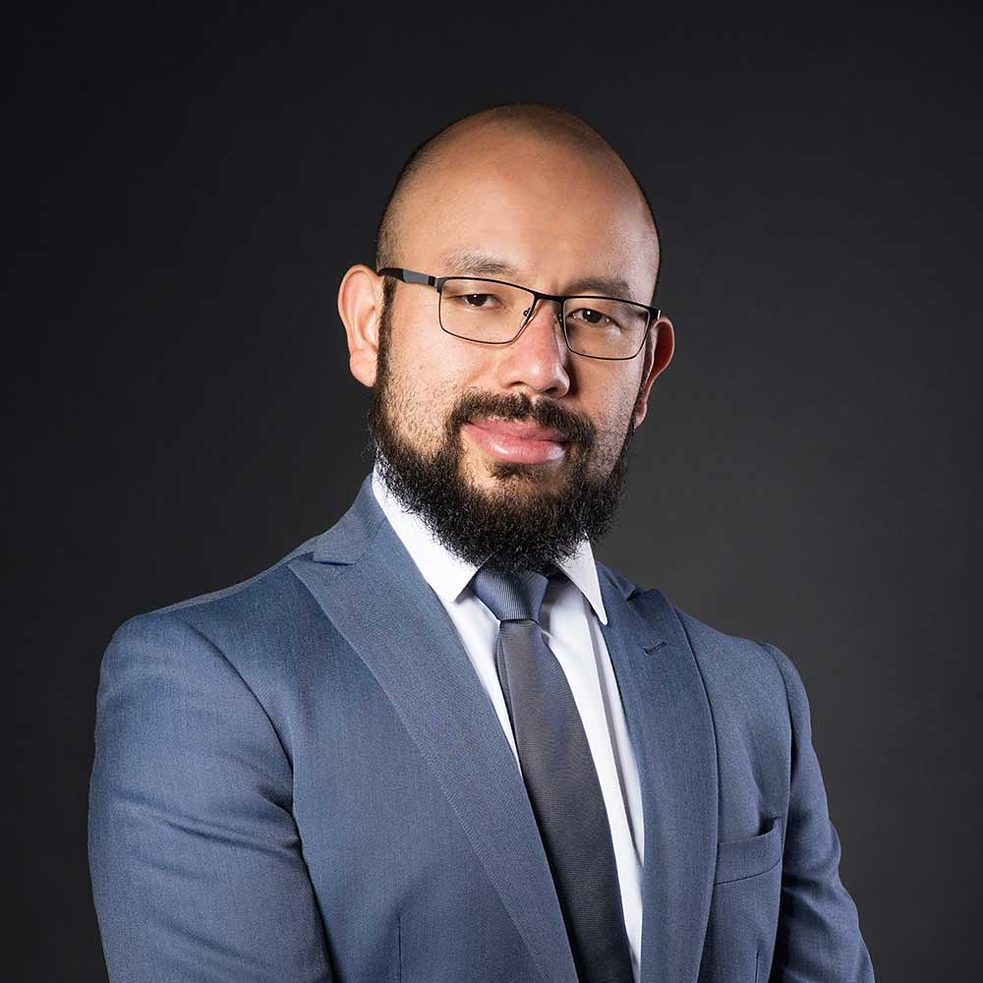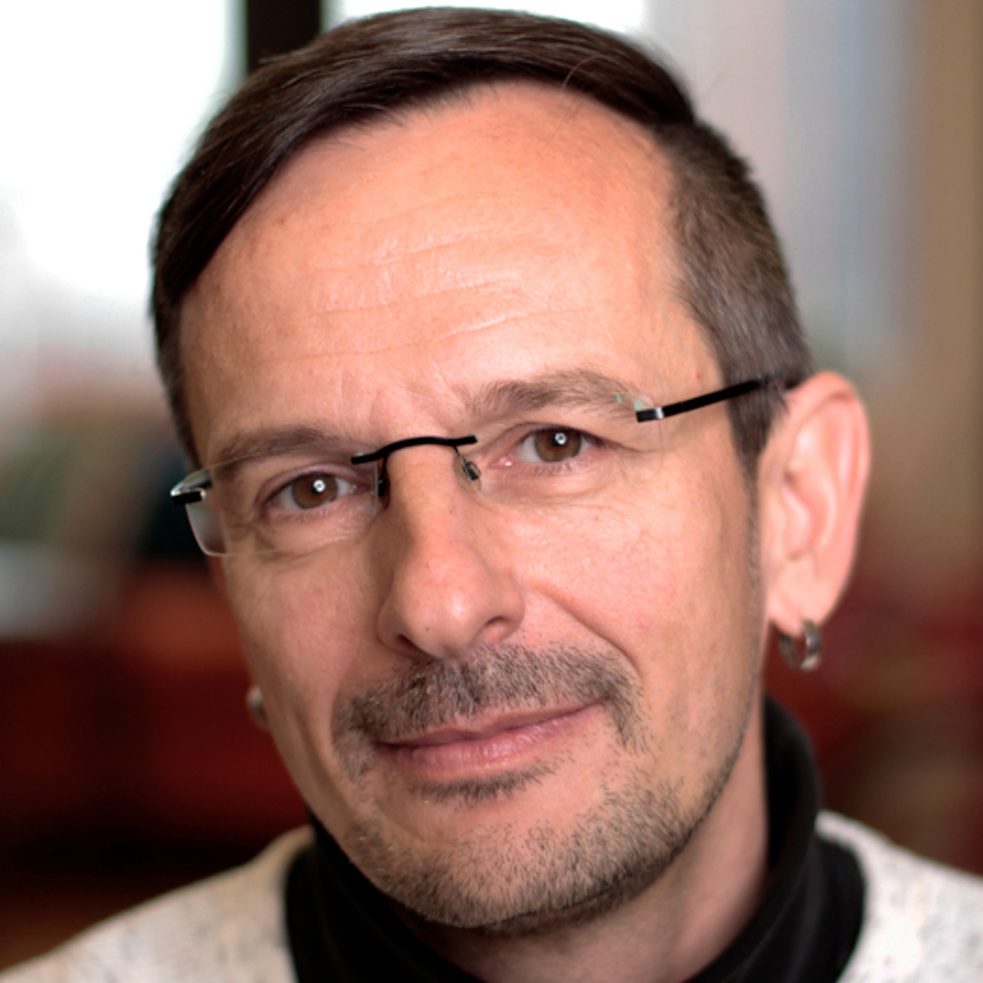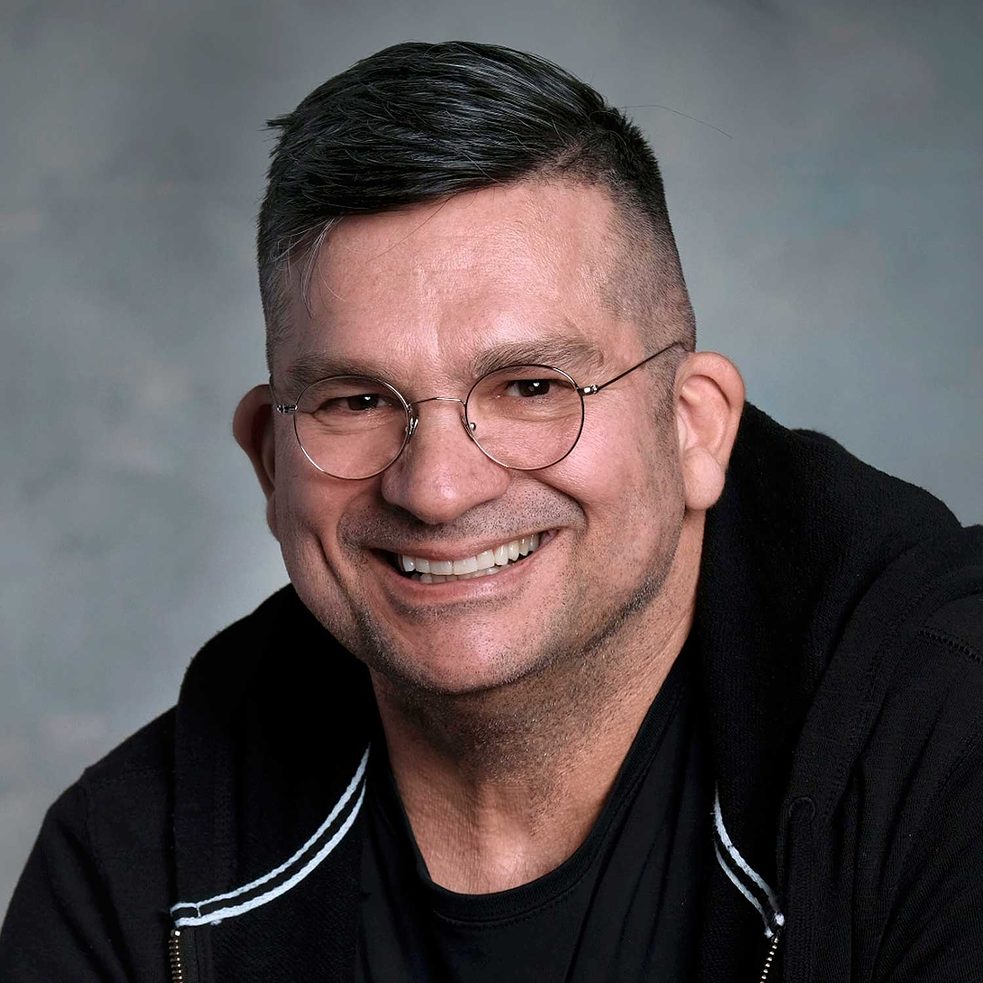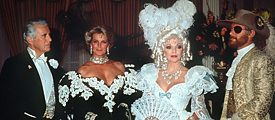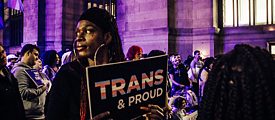In Europe and North America, a continuous strengthening of the gay and lesbian, and later queer, emancipation movements marked the decades after the Stonewall Riots in the summer of 1969. Queer issues became popular, gender studies established.
Until recently, the achievements of the struggle for equal rights seemed irreversible. Queer lifestyles appeared to have reached mainstream society. Militant tones only emanated from the supposed margins of the formerly marginalized group(s). But with neo-conservative forces on the rise around the world and manifesting themselves in rightwing populist movements, homophobic and transphobic views are becoming socially acceptable once again and equal rights are increasingly being challenged.
Are there any meaningful and contemporary ways to resist this development? Which experiences of gender-related resistance within and outside our German-American cultural sphere can we draw from at a global level? What can we learn from the history of the past 50 years?
In partnership with
Complementary to the exhibition Queer as German Folk, panel discussions were held in Toronto, New York, Mexico City, and Berlin. Under the banner Queer Commons – Queer Conflicts, they highlighted diverse aspects of contemporary queer discourse: queer resistance, queer culture, queer diversity and queer establishment. The discussions – held in English with panelists from the US, Canada, Mexico and Germany – were recorded and are available on this website.
